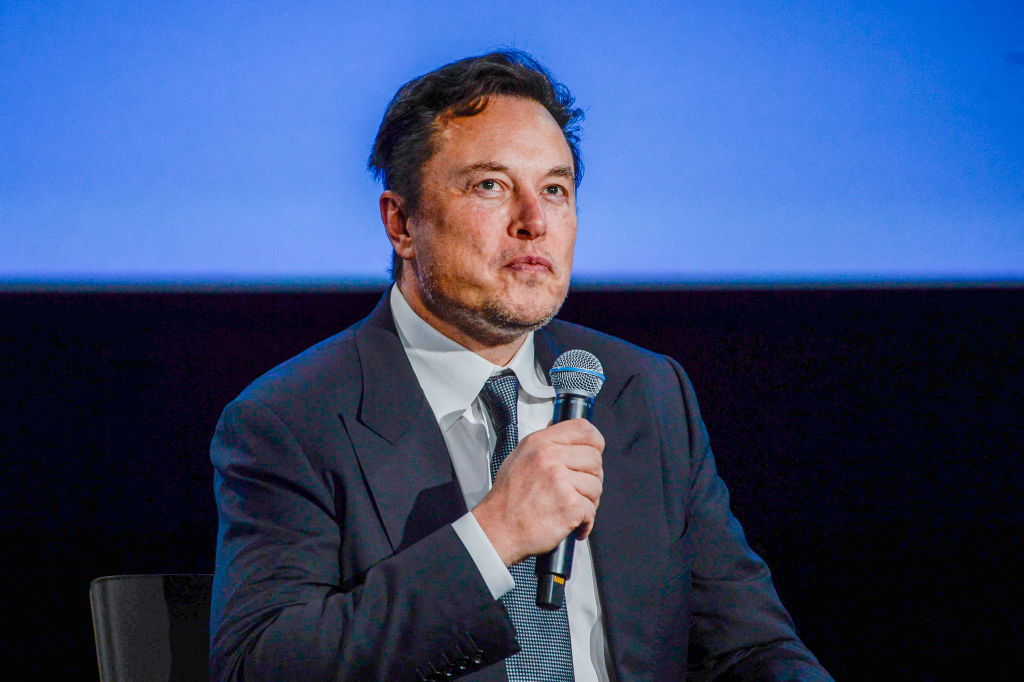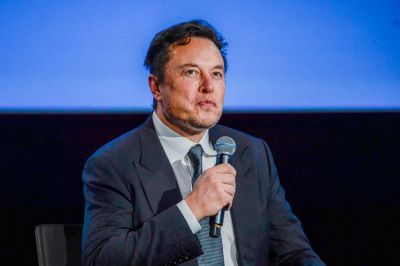On Tuesday morning, tech billionaire Elon Musk tweeted an image related to the Pizzagate conspiracy and a journalist sentenced for charges related to child pornography. He deleted the tweet, but not before it racked up more than 10 million views.

In a follow-up post, Musk clarified that the “expert” referred to in the meme is former ABC News investigative journalist James Gordon Meek, who pleaded guilty in July 2023 to federal charges related to the transportation and possession of child sexual abuse material. A screenshot of a supposed New York Post headline—reading “Award Winning ABC Journalist Who ‘Debunked’ Pizzagate, Pleads Guilty in Horrific Child Porn Case”—circulated online a month later, but Reuters’ fact-checking team noted at the time that such a headline did not exist in the New York Post’s archives and that Meek did not conduct an investigation of the Pizzagate conspiracy while at ABC News. (Meek does feature as one of three authors of an article about Russian propaganda in Syria that mentions Pizzagate in passing.)
Meek—who primarily covered the justice system, military, and foreign intelligence while at ABC News—pleaded guilty to charges that he used an online messaging platform to send and receive explicit images and videos of minors during a visit to South Carolina in February 2020. An investigation began after the FBI received a tip from Dropbox about explicit content in an account connected to Meek, and on September 29 the former reporter was sentenced to six years in federal prison by a Virginia federal court.
Meek may have not debunked the "Pizzagate" conspiracy theory himself, but plenty of reputable journalists have: Both the New York Times and Snopes reported in November 2016 that the conspiracy had no basis in fact. That did not stop the theory from spreading however, and on December 6, 2016, 28-year-old Edgar Welch fired a rifle inside Comet Ping Pong—a Washington, D.C. pizzeria—following the proliferation of conspiracy theories online linking the restaurant to prominent Democrat officials and child sex trafficking. The conspiracy is considered by some to be a precursor to many of the QAnon conspiracies that arose during the Trump presidency.
If you have a claim you would like to see us fact check, please send us an email at factcheck@thedispatch.com. If you would like to suggest a correction to this piece or any other Dispatch article, please email corrections@thedispatch.com.







Please note that we at The Dispatch hold ourselves, our work, and our commenters to a higher standard than other places on the internet. We welcome comments that foster genuine debate or discussion—including comments critical of us or our work—but responses that include ad hominem attacks on fellow Dispatch members or are intended to stoke fear and anger may be moderated.
With your membership, you only have the ability to comment on The Morning Dispatch articles. Consider upgrading to join the conversation everywhere.